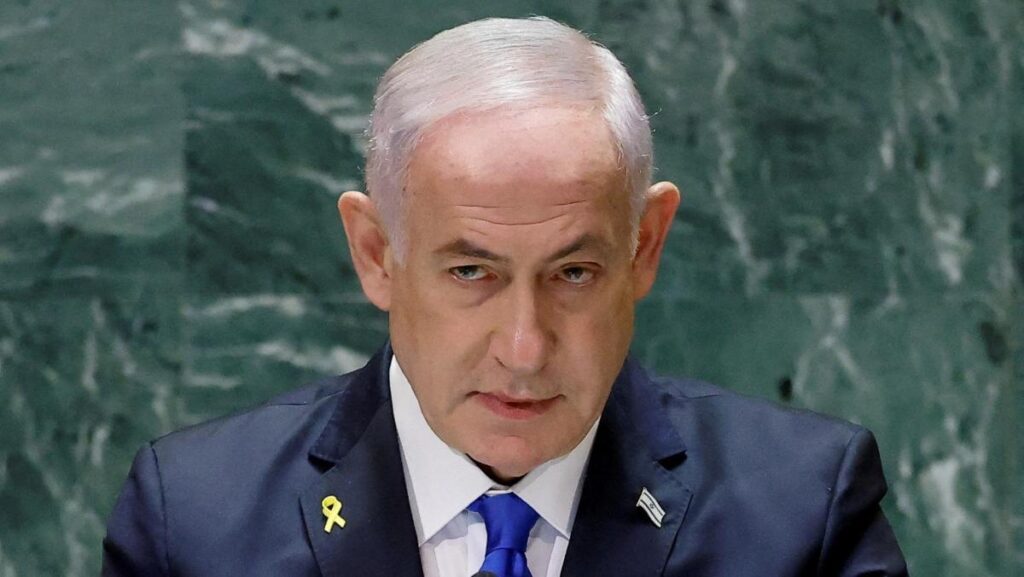Israeli Prime Minister Benjamin Netanyahu recently expressed his strong disapproval of French President Emmanuel Macron’s call for a halt to arms deliveries to Israel, particularly in the context of the ongoing conflict in Gaza. Macron, during an interview on France Inter radio, emphasized the need for a political solution and cessation of hostilities in Gaza, underscoring that France is not supplying any weapons to Israel. He articulated his concern regarding the escalation of violence and the humanitarian crisis resulting from the ongoing military actions. At a subsequent summit in Paris, Macron further elaborated on his stance, criticizing Israel’s military operations, including ground troop deployments in Lebanon, which he insisted could exacerbate regional tensions.
Netanyahu, responding to Macron’s statements, referred to the French president and other Western leaders advocating for what he termed an arms embargo on Israel, labeling their calls as shameful and disgraceful. In a video statement, he asserted that Israel would prevail regardless of external support, emphasizing the nation’s resolve to combat what he described as “forces of barbarism” led by Iran. This rhetoric reflects a broader sentiment in Israeli political discourse that views external criticisms, particularly from allies, as undermining Israel’s right to self-defense and its ongoing military strategies in volatile regions like Gaza and Lebanon.
Macron’s remarks touched on broader geopolitical concerns, emphasizing the importance of preventing Lebanon from becoming another arena for conflict akin to Gaza. He reiterated his belief that avoiding further escalation in the region is vital for both local and international security. Despite his criticisms, he reaffirmed Israel’s right to self-defense and highlighted his commitment to meeting with families of Franco-Israelis held hostage in Gaza, demonstrating his dual focus on supporting Israel while also advocating for peaceful resolutions to the conflict.
The exchange between Macron and Netanyahu reflects a deeper rift in perspectives among Western allies regarding Israel’s military actions and the response to Hamas’s attacks. Netanyahu’s officials pointed out that any country failing to support Israel in its military endeavors would inadvertently bolster Iran and its affiliated groups. This framing positions Israel’s struggle not only as a national defense issue but as part of a larger ideological battle against what Netanyahu characterizes as barbarism and terrorism.
In response to Netanyahu’s accusations, Macron’s office emphasized the enduring friendship between France and Israel, labeling Netanyahu’s reaction as excessive and detached from this long-standing alliance. This highlights the intricate dynamics of diplomatic relationships, particularly when national security matters intertwine with humanitarian concerns. Macron’s attempts to champion both Israel’s right to defend itself and the need for a political resolution illustrate the complexities inherent in navigating such contentious geopolitical landscapes.
As the conflict continues to escalate, marked notably by the upcoming anniversary of the October 7 Hamas attacks that resulted in significant casualties and hostage situations, the urgency for dialogue and de-escalation grows. Macron’s advocacy for a ceasefire and political solutions emphasizes a desire for stability in a region fraught with historical grievances and complex power dynamics. Conversely, Netanyahu’s determination to maintain military pressure reflects an entrenched position that views military strength as essential for national survival amidst growing regional threats. This ongoing tension is a testament to the challenges facing Western allies as they seek to balance support for Israel with the pressing need for humanitarian intervention and diplomatic solutions.

